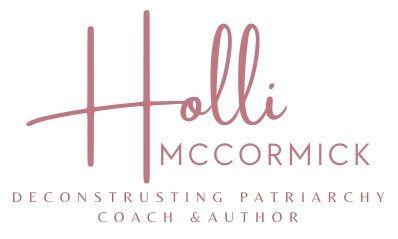Recently Rachel Held Evans wrote a post entitled “On Forgiveness & Abuse” within the Christian Church over here.
Whether or not this post is “good advice” I cannot comment on. Perhaps it is because I am a life coach AND a person committed to uprooting thoughts that no longer serve me, but I did not get past VERY FIRST LINE:
“Note: Healing from abuse is a long and difficult road and requires a lot of ‘offline’ work.”
Gosh, I cringe even having to re-read it again. If you read or watched my post from the other day about Intention Setting – you know why this line stopped me short.
If you didn’t read/watch – here’s a quick recap: This comment is a prime example of how we allow  external people to have a greater voice in our lives than our own voice. We read or hear comments like the above without even pausing to consider there is a possible alternative avenue to healing: one that does not have to be long and hard.
external people to have a greater voice in our lives than our own voice. We read or hear comments like the above without even pausing to consider there is a possible alternative avenue to healing: one that does not have to be long and hard.
We simply hear comments like this all the time and accept them as truth instead of ruthlessly taking captive every thought and making it obedient to the God-voice that resides inside of us.
You know the one. The one that gently tells you how much you are loved, cared for and so much more. The voice that you generally only hear if you get really still and by yourself – away from the outside influences. The one that desires for you to feel all that you are – deeply, intimately. The one that wants you to live with passion and zeal – not with trauma, heartache and depression.
Yet, this is the Voice that gets blasted by the outside voices. We give more credence to those than the inside one.
When we do this, we unkowningly buy into a reality that is less than the one we crave and desire and hope for. We buy into someone else’s thought about how our recovery and life “should” go simply because that is the only way we as a society have found up until now. We find ourselves trudging through our past time and again in a most unpleasant way because they – who ever they are – tells us that is the way to get to healing and thus to forgiveness – as if forgiveness is the ultimate goal instead of healing. Because if you get to that forgiveness, then that means you are living a “righteous” life like Jesus.
Unfortunately,  buying into this line of thinking only allows you to continue to be the victim to other people’s thoughts of who you are and what you are…which can lead to unsurmountable depression.
buying into this line of thinking only allows you to continue to be the victim to other people’s thoughts of who you are and what you are…which can lead to unsurmountable depression.
If you have been at the receiving end of abuse – which in our society I would say is 100% of us – and believe comments like Rachel’s without questioning them – then you most likely will continue to feel as if you have little to no choice over your own life. This can lead to more internal abuse as the voices tell you where you should be vs where you are, which leads to more depression, more abuse and so on the cycle goes.
At least this is what I felt and experiences, so I can imagine you might feel that too.
But by all means – please do not let me tell you how or what you feel however,
for that would be counter to the point of this post!
If you do know how this feels and you are ready to
feel the way you KNOW somewhere inside of you is possible…
If you want to feel and act from a place of centeredness that gives you power and control over how you live your life, of how you show up in your life…
Then I invite you to consider starting a new routine:
When people make comments like the above as IF THEY ARE GOSPEL TRUTH, simply suspend their comment for a moment out in front of you and ask yourself, “WHAT IF this wasn’t true? WHAT IF there was another way to look/think about this?”
Then, with curiosity and awe – stand back and let your imagination go. See what other thoughts come to you, what other possibilities open up to you – what other windows or gates become available simply because you FIRST checked in with your own God-voice.
Example:
Instead of assuming Rachel’s comment is true – that recovery from abuse (or depression or whatever) has to be “long & hard” – ask yourself, “If this comment doesn’t have to be true – what other ways could I imagine for my rode to recovery?” Then fill in this statement:
Recovery from abuse can be ___________________.
